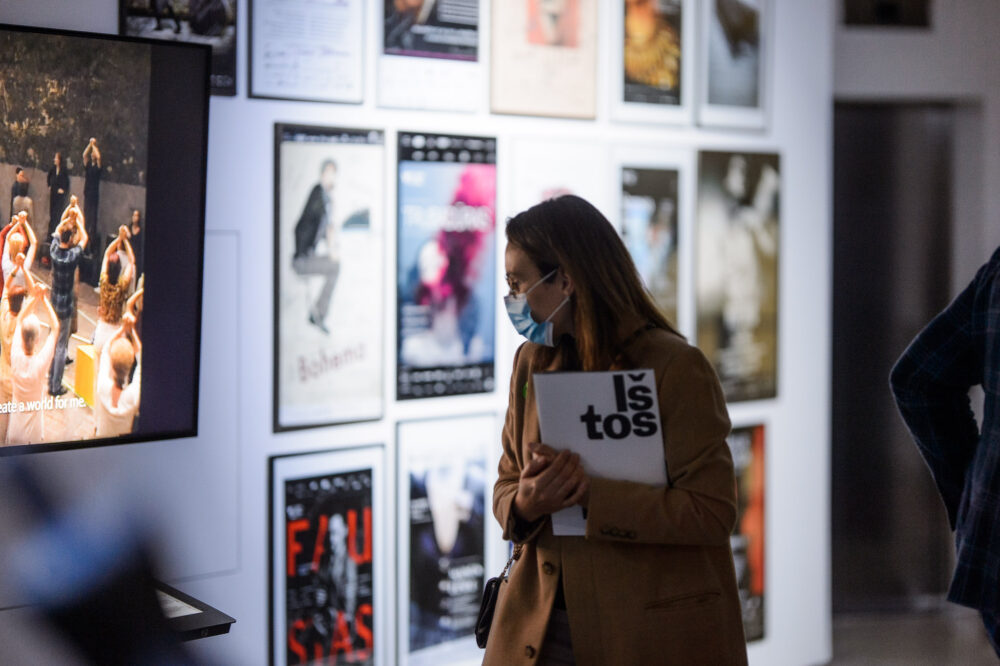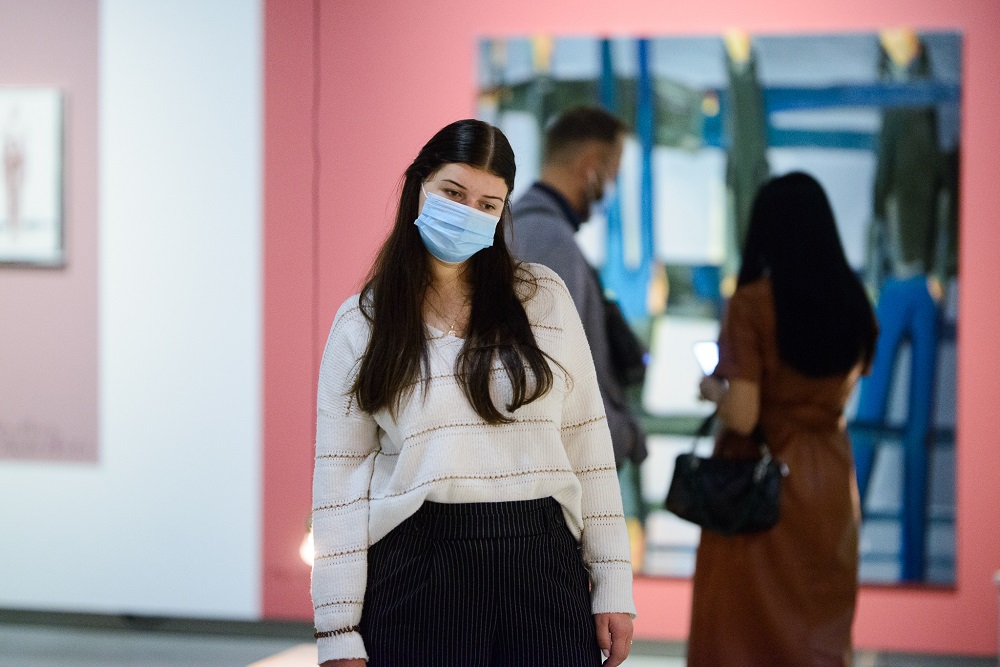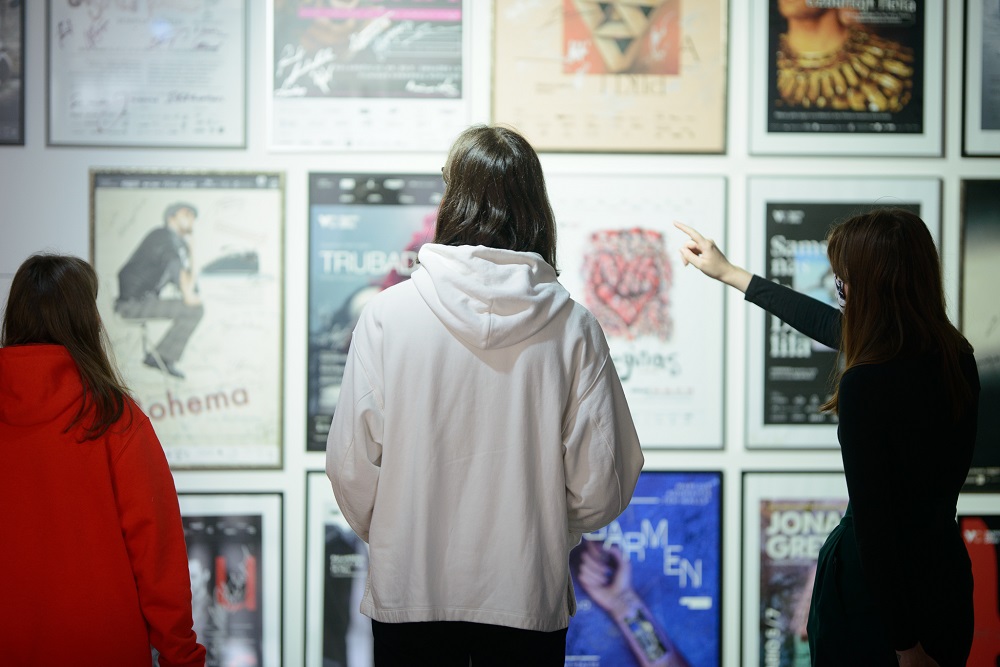Museums ask the President, current and future Government for permission to reopen to maintain human health and emotional well-being

After the announcement of the quarantine, the Lithuanian Association of Museums repeatedly appealed to the President, representatives of the current and future Government to draw attention to the excessive restriction on museum closure. Similar hesitations have been expressed by German museum managers and the European Museum Organization NEMO, which are calling European governments to reconsider the decision to close museums but allow libraries that are treated as shops or supermarkets to operate. It is noted that safe museum visits provide opportunities to reduce stress during isolation.
The letter emphasizes that museums, unlike mass events, are consequently not a place of mass gathering. The flow of visitors in museums is regulated, and is much lower than the number of visits to the supermarkets. In most cases, there are plenty of ways to ensure the highest COVID-19 security requirements, such as visitor flow regulation, registration, 10 sq.m. per person, ventilation of the premises, keeping safe distances in large museum spaces, wearing masks & etc.
Representatives of the museums point out that according to research and surveys published in Lithuania, residents experienced extreme stress due to quarantine in the spring. Even more psychological stress and depression are expected during the dark winter. And according to a report by the World Health Organization (WHO), visiting museums and galleries improves people’s emotional health.

Adjustable flows
“We can easily regulate the flow of people in the museum. We have introduced hourly tickets, the museum has only a limited number of visitors at a time. We are ready to register visitors. It should be emphasized not only that the museum can comply with the highest security measures, but that a constant flow of fresh air of the maximum regime is ensured – every two hours the air in the exhibition spaces is completely replaced with fresh air”, says Milda Ivanauskienė, MO Museum Director.
Visiting the exhibition halls is safe and can replace a walk in the park and provide hope and inspiration in these difficult times.
Canceled events and reduced contacts
M. Ivanauskienė adds that, taking into account the situation, all educations, tours, and events in the museum have been canceled.
“Even though we are offering visitors alternatives such as virtual content, visiting exhibitions is still safe and can replace a walk in the park and provide hope and inspiration in these difficult times. Our large hall is 1,000 square meters, the small one is 200 square meters in size, both well ventilated”, adds the head of the MO Museum.
Rūta Kačkutė, the director of the Lithuanian National Museum, also commented on the situation: “The first quarantine affected all areas, including museum activities. We have realized that museums will have to reduce the direct contact between the visitor and the employee, but we believe that it is very important to have visitors. Visiting a museum is a way to relax after a stressful day, scientists say it is also a way to improve the psychological state of society. We’ve found ways to see the expositions and exhibitions safely and interactively. We offered innovations – audio guides and games that expand the exposition on the visitor’s smartphone. We have reduced the possibility of direct contact and opened a different path for engaging and learning”.


Feels discriminated
“The closure of museums affects the psychological well-being and motivation of the staff members. We feel discriminated and we do not understand why during the quarantine the beauty sector and sports competitions are allowed but it is forbidden to dive into the history of Lithuanian culture and art and relax psychologically in a sterile museum environment”, says Sigita Maslauskaitė-Mažylienė, Head of Church Heritage Museum.
The right to choose whether to open or not should remain
According to the representatives of the Museum Association, there are indeed smaller museums and institutions in Lithuania whose workers belong to the risk group due to their age. It’s therefore understandable that working during quarantine may not be the same for everyone. “For the museums which want to remain open, it’s important to follow certain procedures as well as ensure safety requirements of COVID-19. Consequently, if that is not possible – the right to remain closed should be still foreseen.
Olga Žalienė, Director of the Lithuanian Sea Museum, head of the Museum Council, and member of the Board of the Lithuanian Museums Association notes that museums want discretion when it comes to deciding whether to allow visitors or no based on their capability and staff.
“The Lithuanian Association of Museums, Lithuanian Association of Municipal Museums and the Council of Museums have stated arguments to the Government that museums can ensure the highest safety standards. We also believe that the right to choose whether to open or not should remain. Those museums that can ensure a safe experience and work according to established procedures can operate and provide public benefit at these hard and challenging times. But in the same way, the right to close remains”, says O. Žalienė.
Visual art's positive impact on emotional well-being
Representatives of museums also point out the importance of maintaining emotional and psychological health during these difficult times. Art and culture is one way of doing this. According to the World Health Organization, research has shown the positive impact of music and visual arts on emotional and psychological health – visiting museums and galleries reduces stress and makes one happier.